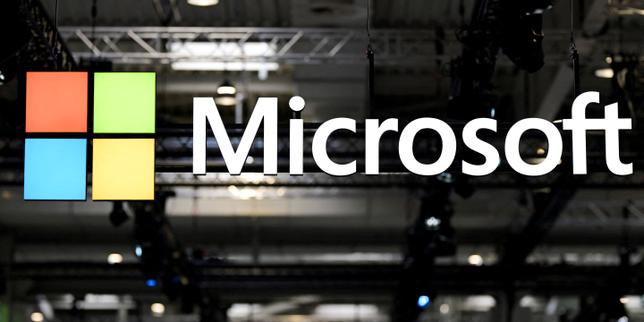

In the modern digital landscape, cybersecurity remains a priority concern alongside advancements in sustainable energy practices. Recent reports shine a light on two significant developments: a cybersecurity breach targeting Microsoft SharePoint servers, and the European Commission’s efforts to align renewable energy legislation across 26 member states. These topics underscore the balancing act between technological reliance and the transition towards a sustainable future.
Firstly, in recent days, a cybersecurity incident has brought attention to vulnerabilities within Microsoft SharePoint servers. Microsoft detected a series of security flaws previously unknown, which were exploited by at least three groups purportedly operating out of China. These actors utilized the vulnerabilities to conduct unauthorized access to sensitive data shared via this widely used platform. The issue highlights the ongoing challenge of maintaining robust digital security measures as part of an organization’s infrastructure. It serves as a reminder for enterprises worldwide of the necessity for constant vigilance and proactive security upgrades to protect against cyber threats and secure the integrity of shared information.
In response to the identified breaches, Microsoft has taken proactive steps to patch the vulnerabilities and provide guidelines to users on enhancing their security measures. The tech giant’s swift action underscores the importance of rapid response and transparency in handling cybersecurity incidents. It also emphasizes a broader narrative stressing the vital role of cooperation among international stakeholders in tackling cross-border cyber threats. The incident, while concerning, is a testament to the growing capacity of organizations to identify and mitigate potential risks with greater efficacy.
Amid concerns over cybersecurity, parallel advancements in renewable energy highlight a collective stride toward a more sustainable and environmentally-conscious future. The European Commission has initiated proceedings with 26 member states, asking them to conform their national laws with the broader directives on renewable energies. This initiative signifies a critical milestone in Europe’s ongoing commitment to reducing carbon footprints and fostering sustainable energy infrastructures across the continent.
Each of the member states involved has been given a two-month timeframe to align their legislative frameworks with the directives issued by Brussels. This process targets increased adoption of cleaner energy sources and streamlined regulations to facilitate easier adoption and integration of renewable technologies. The initiative stands as part of a larger goal set by the European Union to achieve climate neutrality. It communicates a unified, strategic approach towards combating climate change, emphasizing the importance of legislative alignment in achieving sustainable development goals.
The push for harmonization of renewable energy standards is not just a regulatory exercise but a step towards enhancing the economic and environmental wellbeing of the region. By ensuring that member states adhere to unified directives, the overall efficiency and effectiveness of renewable initiatives are expected to improve, fostering innovation and encouraging investment in renewable technologies. The transition towards renewable energy is seen as an essential aspect of securing a resilient and sustainable future for all European citizens.
In conclusion, the recent cybersecurity breach within Microsoft SharePoint and the European Commission’s renewable energy directive harmonization efforts together illustrate the dynamic challenges and opportunities present in today’s global landscape. As organizations and governments navigate these complex terrains, they must balance securing digital experiences and fostering sustainable innovations. These examples serve as reminders of the ever-evolving nature of technology and energy sectors, the need for vigilance, collaboration, and the enduring pursuit of advancement and quality of life for a better global future.
Source: {link}
